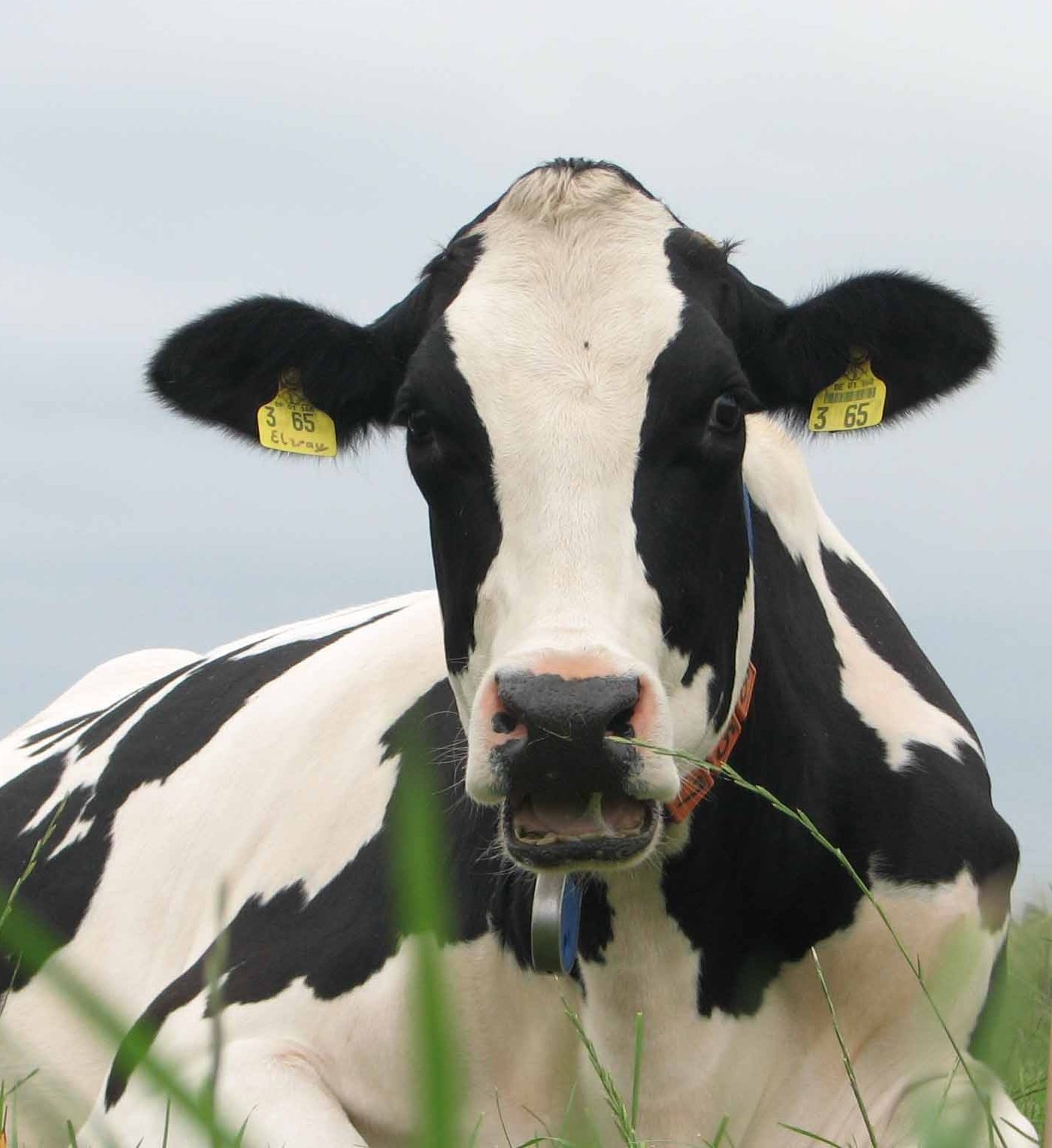Dairy cow management and health is ever evolving, driven by continuous research and innovation. One such ground-breaking study was unveiled during the ADSA 2023 annual meeting in Ottawa, Ontario, Canada. A team of dedicated scientists from the Fabio Lima lab at the University of California, Davis, presented their intriguing research on "High Bioavailability of Rumen-Protected Choline Alters the Vaginal Discharge Microbiota in Dairy Cows." This presentation shed light on the potential benefits and implications of rumen-protected choline (RPC) supplementation in dairy cow diets.

The dairy industry thrives on the well-being of its cows. This is directly linked to their metabolic and reproductive health. Rumen-protected Choline is known for its positive impact on dairy cow health, including intake, metabolism, lactation, and overall well-being. Additionally, this essential nutrient is now also looked at for its potential immune-modulating effects. The researchers aimed to delve deeper into these potential benefits by studying markers of immune function, acute phase proteins, and the vaginal discharge microbiota in dairy cows.
The study focused on Holstein cows at 245 days of gestation. The cows were divided into groups and either received a controlled diet or were supplemented with rumen-protected Choline. The RPC group was administered a carefully measured amount of CholiGEMTM, a product by Kemin Industries Inc., starting from 21 days prepartum to 21 days postpartum. The researchers employed a multi-pronged approach involving blood sampling and vaginal discharge sample collection to gain comprehensive insights.
Key Findings: Navigating the Immune Landscape
The blood samples revealed intriguing results concerning lipopolysaccharide-binding protein (LBP) and acute phase proteins (HAP), both critical immune system components. The analyses indicated distinct trends in LBP and HAP concentrations based on the week in relation to calving. However, while rumen-protected Choline had no significant impact on acute phase proteins, it did exhibit subtle effects on LBP concentrations, especially in primiparous cows.
Unveiling the Microbial Community: The Vaginal Discharge Microbiota
A particularly compelling aspect of the study was the exploration of the vaginal discharge microbiota (VDM). This microbial community serves as a proxy for uterine immune competence. Through advanced techniques like 16S rRNA gene sequencing and multivariable data analysis, the scientists scrutinized the microbial composition. The results painted an intriguing picture; the RPC group displayed altered VDM characteristics, showcasing differences in microbial richness and diversity compared to the control group. Phylum variations were also observed, bringing forth the nuanced impact of RPC supplementation.
Implications and Future Directions
The most noteworthy discovery was the relative abundance shift of specific microbial groups in the RPC group. Notably, a pathogen-associated group called Fusobacteriota exhibited reduced presence, potentially holding significant implications for uterine health. Given the crucial role of uterine health in dairy cow reproduction, this finding underscores the need to explore further the impact of high-bioavailability RPC on overall reproductive tract microbiota.

The oral presentation on "High Bioavailability of Rumen-Protected Choline Alters the Vaginal Discharge Microbiota in Dairy Cows" left an indelible mark on the ADSA 2023 annual meeting. The research conducted by the Fabio Lima lab at the University of California, Davis, brought to light the intricate relationship between rumen-protected choline supplementation and dairy cow immune function, acute phase proteins, and vaginal discharge microbiota. As the dairy industry seeks to enhance cow health and productivity, this study paves the way for future investigations that could revolutionize dairy cow management practices and pave the way for healthier herds and increased milk yields.
Interested in more detailed information? Download the presentation of Dr. Thaisa Campos Marques presented at ADSA 2024.
© Kemin Industries, Inc. and its group of companies 2026 all rights reserved. ® ™ Trademarks of Kemin Industries, Inc., USA
Certain statements may not be applicable in all geographical regions. Product labeling and associated claims may differ based upon government requirements.